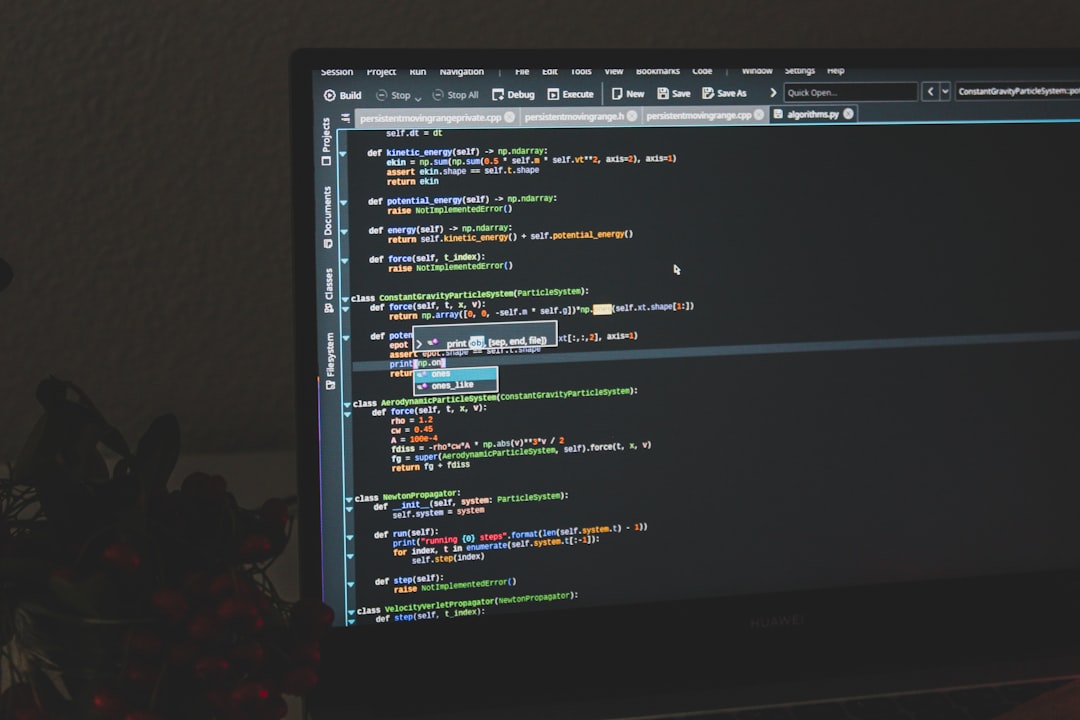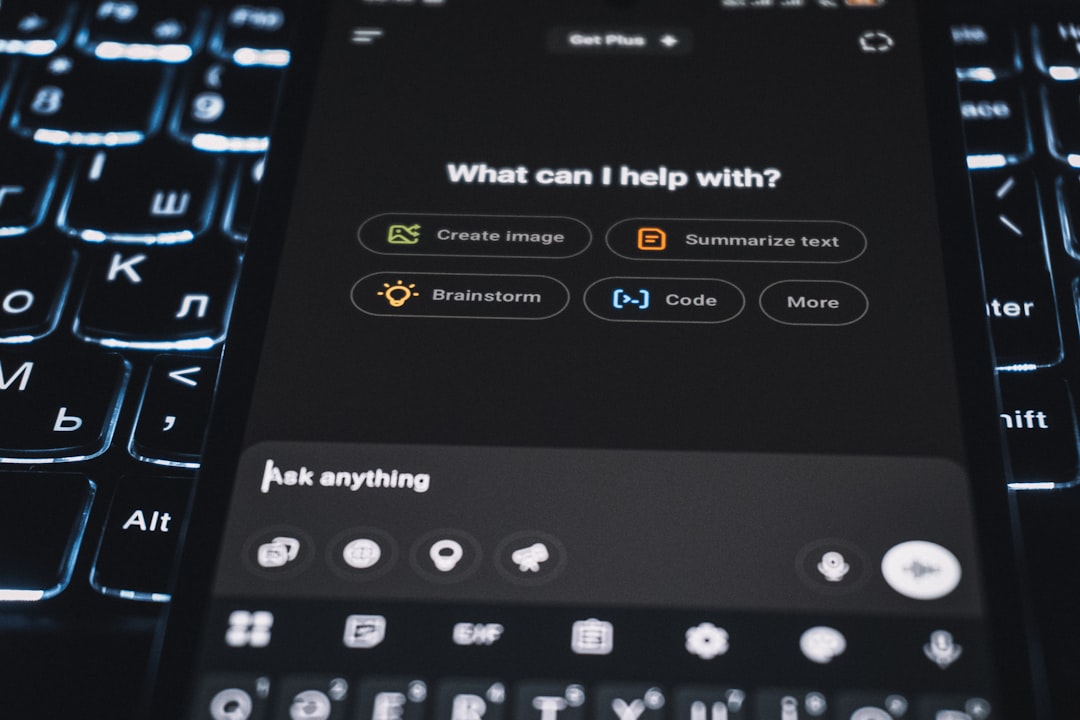In a major move towards collaborative innovation and transparency, PocketPal AI, one of the most promising personal AI assistant platforms, has officially been open-sourced. The creators behind PocketPal AI announced this strategic decision to empower developers, researchers, and AI enthusiasts to contribute to and evolve the platform, signaling a new chapter in democratized AI technology.
First launched as a proprietary mobile assistant aimed at helping users manage daily tasks, answer questions, and automate routines, PocketPal AI quickly built a loyal user base. Known for its natural conversation style, lightweight architecture, and cross-platform capabilities, the assistant captured the attention of both consumers and professionals looking for an affordable and customizable digital helper.

The Shift to Open Source
According to the development team, the decision to open source PocketPal AI was driven by the belief that “AI should be open, transparent, and available to all.” By releasing the core engine, models, and APIs to the public, the developers are inviting contributions that could improve the application’s scalability, robustness, and utility across industries.
Now available on GitHub under the MIT License, the source code includes documentation, model training workflows, and integration guides. The project structure has been developed with modularity in mind, allowing contributors to easily build plugins, integrate external APIs, or even fine-tune the AI on specific niches such as healthcare, education, and customer support.
What Makes PocketPal AI Special?
PocketPal AI stands out due to its unique blend of features and its ability to operate seamlessly across mobile devices and desktops. Some of its key highlights include:
- Conversational Engine: Built on lightweight transformer models optimized for mobile environments
- Privacy-First Approach: Most functions are performed locally, reducing data sent to the cloud
- Plugin Support: Extensible with user-made utilities and integrations
- Task Automation: Smart scheduler and task manager integrations

Impact on the Developer Ecosystem
The open-sourcing of PocketPal AI is expected to act as a catalyst for an entire ecosystem of extensions and innovations. With a fast-growing community already forming around the project repository, early contributions include multilingual language packs, voice-based enhancements, and integrations with productivity platforms like Trello and Notion.
Industry experts suggest that PocketPal AI’s open model will enable faster iterations and allow companies, startups, or educators to create niche AI applications without starting from scratch. Thanks to its modular design, even non-technical users can benefit by deploying pre-built versions tailored to their needs.
Looking Ahead
As the community around PocketPal AI grows, the developers have announced plans to launch a community dashboard, organize contribution challenges, and publish a regular roadmap outlining development milestones. They’re also working on integrating federated learning techniques, which would allow the AI to learn from users in a privacy-friendly manner without exporting data.
By open sourcing PocketPal AI, its creators are not only inviting collaboration—they’re also sparking a broader conversation about ownership, customization, and the future of AI assistants. Whether you’re a solo coder, a student, or a seasoned developer, PocketPal AI is now yours to explore, improve, and personalize.
FAQ
- What license is PocketPal AI released under?
- PocketPal AI has been released under the permissive MIT License, allowing commercial and non-commercial use, modification, and distribution.
- Where can I access the source code?
- The complete source code, documentation, and setup guide are available on GitHub.
- Do I need to be a developer to use PocketPal AI?
- No. While advanced customization may require technical skills, basic setup guides and pre-built packages are provided for general users.
- Can I use PocketPal AI offline?
- Yes, many features are designed for offline use, particularly its core conversational engine and task management tools.
- What kind of contributions are accepted?
- Contributors can offer bug fixes, feature enhancements, translations, plugins, and documentation improvements.
- Is PocketPal AI suitable for enterprise use?
- Yes. Thanks to its modularity and privacy features, many organizations are exploring enterprise-level deployments with in-house customization.



